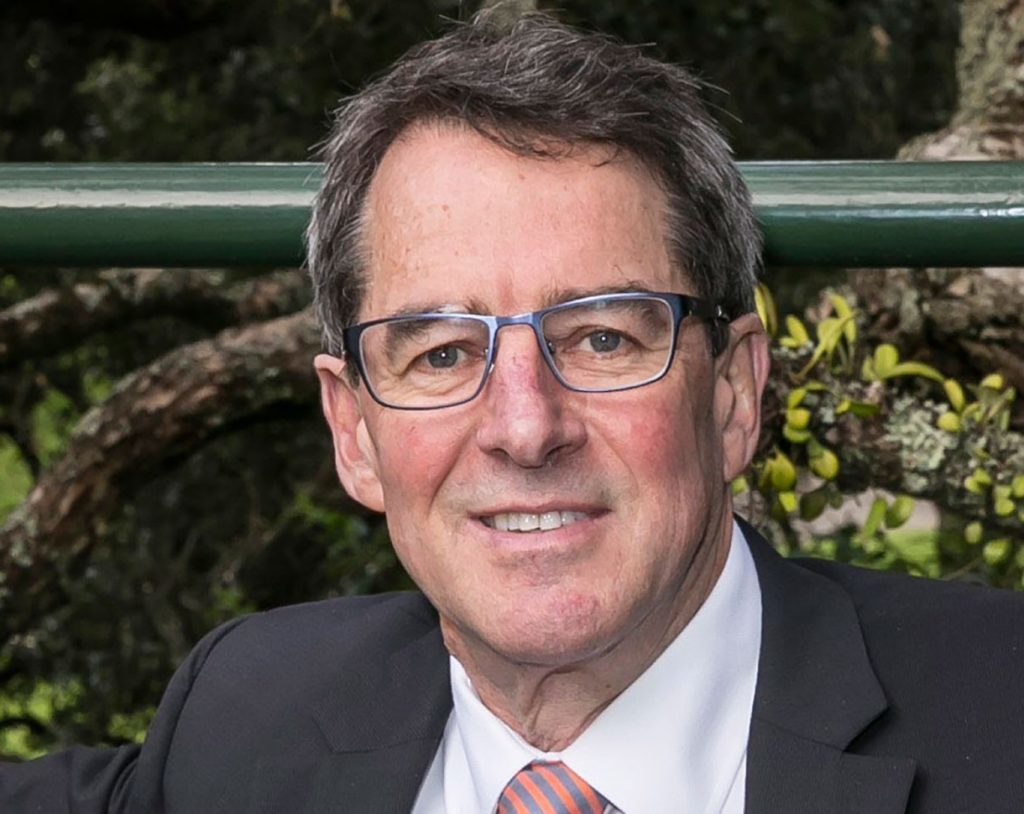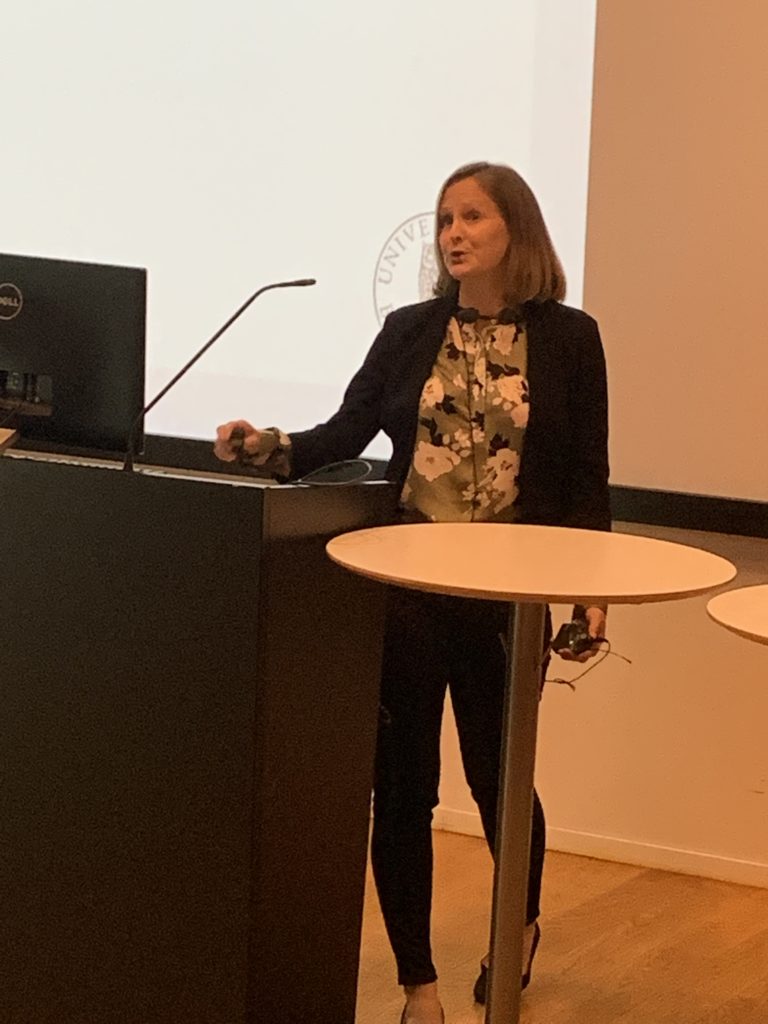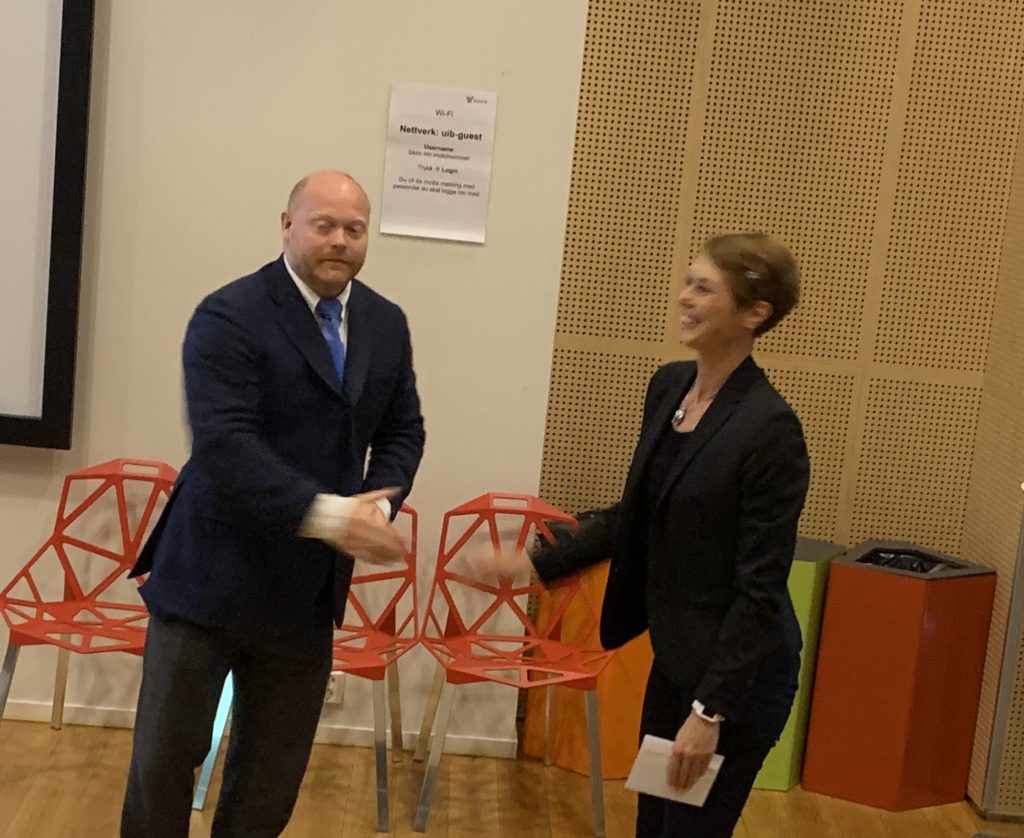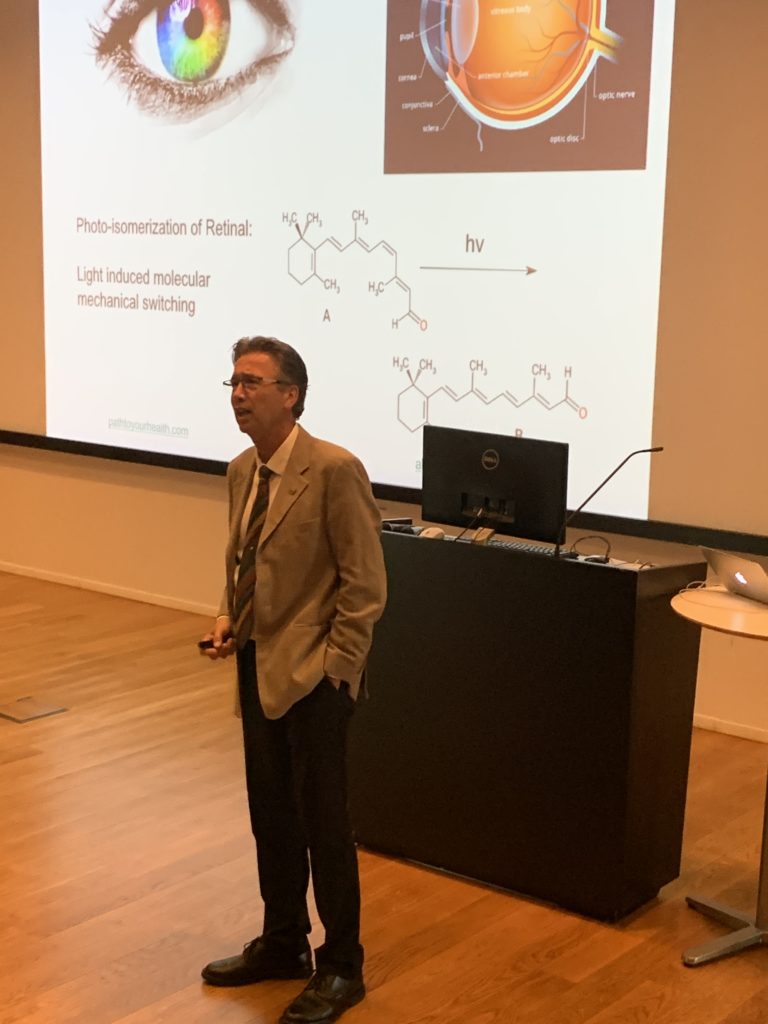About nkjkb
View all posts by nkjkb
Cryptanalysis – a never-ending story
Cryptographic primitives, like encryption schemes and hash functions are the core of most security applications.But the trust that users place in these algorithms has been repeatedly violated.There are many examples of attacks which exploit weaknesses of the underlying cryptographic primitives. So when can we trust cryptography?

Anne Canteaut
This question will addressed in a popular presentation by newly appointed honorary doctor at UiB, Prof. Anne Canteaut, whose main position is as research director at the Inria Paris Research Center (Paris Department of the National Institute for Research in Computer Science and Automation).
Coordinates: VilVite Auditorium, on Wednesday Oct 16, @10.15–11.15
New incidents with gray silverfish / skjeggkre
 The insect gray silverfish (or long-tailed silverfish, in Norwegian: skjeggkre) should now be regarded as an established part of the population at the first and third floors, and by induction, also at the second floor of Realfagsbygget. While completely harmless, this insect multiplies rapidly and it is very difficult to get rid of once you get it into your house. It is therefore recommendable to take some simple precautions. When unpacking goods of any kind in your office or lab, please bring the paper or carton wrapping down to the basement right away. Do not use the paper bin in the mail room. Moreover, clear your floor space from unnecessary clutter, making the whole floor accessible to the cleaning personnel. Do not leave backpacks or bags at your office floor (escpecially over night!) and avoid transporting good hiding places (carton boxes etc) between home and UiB. For more information, see here.
The insect gray silverfish (or long-tailed silverfish, in Norwegian: skjeggkre) should now be regarded as an established part of the population at the first and third floors, and by induction, also at the second floor of Realfagsbygget. While completely harmless, this insect multiplies rapidly and it is very difficult to get rid of once you get it into your house. It is therefore recommendable to take some simple precautions. When unpacking goods of any kind in your office or lab, please bring the paper or carton wrapping down to the basement right away. Do not use the paper bin in the mail room. Moreover, clear your floor space from unnecessary clutter, making the whole floor accessible to the cleaning personnel. Do not leave backpacks or bags at your office floor (escpecially over night!) and avoid transporting good hiding places (carton boxes etc) between home and UiB. For more information, see here.
Service Portal project
The University of Bergen is introducing a new system for all types of user inquiries – a single, common service portal for employees and students. The new system will replace the current Issue tracker and will be an information base for user guides and descriptions of procedures. The new service portal is being launched on 11. November 2019, at which point Issue Tracker stops receiving new issues. ![]() The main objectives of the new service portal are: A single gateway to administrative services; Information and inquiries in one place; Employees and students get help more quickly; Automation and increased self-service, and Better flow and coordination of cases between divisions
The main objectives of the new service portal are: A single gateway to administrative services; Information and inquiries in one place; Employees and students get help more quickly; Automation and increased self-service, and Better flow and coordination of cases between divisions
Course in Collegial Teaching and Learning
Collegial Teaching and Learning – in STEM Education is an elective course in teaching and learning in higher education given by bioCEED. The course consists of two separate units corresponding to two plus one (= three) weeks of full-time work and is given in Norwegian/Swedish. This course introduces you to current concepts of teaching and learning in higher education in order to develop your ability to improve student learning. The course is focused on discussing pedagogical topics specifically related to teaching and learning in STEM (Science, Technology, Engineering and Mathematics) and is designed for teaching staff and administrators within these subjects. The course requires no previous higher education teacher training and can be offered to both experienced and more novice personnel.
The main component of the course is the group project, addressing a teaching issue of relevance to the participants’ own teaching and learning situation. The project work corresponds to 40-50 hours of work per person and is reported orally and in writing. In addition the other course participants will give adequate feedback on the project work. On completion of the course, you will receive a diploma that states the content and extent of the course (5 ECTS). The main course director, Roy Andersen, who most of you got to meet at the HCE day in June, is a computer scientist and ICT didactics working at Lund Univ. Registration deadline: 15th October. Registration is via this link.
Open research data breakfast meeting
 Most major research funders require projects to archive and make available research data. Many publishers also require authors to make available to others, the data underlying their publications. The University Library invites researchers and others to a research data breakfast meeting on Wednesday 23rd of October at Seminarroom 1, Realfagbygget, at 8.30 am. For details, please consult this page.
Most major research funders require projects to archive and make available research data. Many publishers also require authors to make available to others, the data underlying their publications. The University Library invites researchers and others to a research data breakfast meeting on Wednesday 23rd of October at Seminarroom 1, Realfagbygget, at 8.30 am. For details, please consult this page.
Calendar event and sign up: https://www.uib.no/en/ub/129704/research-data-breakfast-meeting
Guest lecture on Material Demand for Energy – Friday Sept 20 @12.15
 In addition to several high-profile rôles including deputy vice chancellor for research and science adviser to the NZ government, Dr. Metson is a PI at MacDiarmid Institute for Advanced Materials and Nanotechnology. His field of expertise is surface chemistry and material science, and he holds a particular interest in the processing and behavior of aluminium oxide. His wider research interests include:
In addition to several high-profile rôles including deputy vice chancellor for research and science adviser to the NZ government, Dr. Metson is a PI at MacDiarmid Institute for Advanced Materials and Nanotechnology. His field of expertise is surface chemistry and material science, and he holds a particular interest in the processing and behavior of aluminium oxide. His wider research interests include:- Metal oxides, hydroxides and nitrides in catalysis, semiconductor materials, absorbents and refractories
- Synchrotron radiation and applications in surface and materials science.
- Alumina microstructure and the impacts of alumina properties in aluminium reduction technology.
Flott profilering i Aftenposten Viten

FOTO: Shutterstock/NTB scanpix
NKS how-to-use Chemdraw

Nano symposium – Kavli laureates and local talents

The nano symposium was as every bit as exciting and stimulating as the program promised. Between the opening lecture by professor Thomas Ebbesen on light–matter interaction and the importance of vacuum (!) and the closing lecture by professor Virginijus Šikšnys on the invention and mechanism of CRISPR-Cas9 for DNA editing, four up-and-coming scientists from UiB presented research and plans for research, among them Mali Husby Rosnes at our department. 
Toward the end of the nano symposium, Hege Ommedal received well earned praise for her excellent coordination of the whole event.
For those missing out on the symposium, there is a second chance to enjoy professor Ebbesen’s highly engaging exposition of his science in the Horizon lecture today, see details at the top of the Kjemi-Nytt entry page.
 In addition, the Kavli symposium Passion for science has also spurred the opening of a new exhibition at the University Museum that addresses the themes of the Kavli Prize: «On the smallest, the biggest and the most complicated» – learn about the University of Bergen’s research in nanoscience, astrophysics, and neuroscience. Enjoy!
In addition, the Kavli symposium Passion for science has also spurred the opening of a new exhibition at the University Museum that addresses the themes of the Kavli Prize: «On the smallest, the biggest and the most complicated» – learn about the University of Bergen’s research in nanoscience, astrophysics, and neuroscience. Enjoy!
